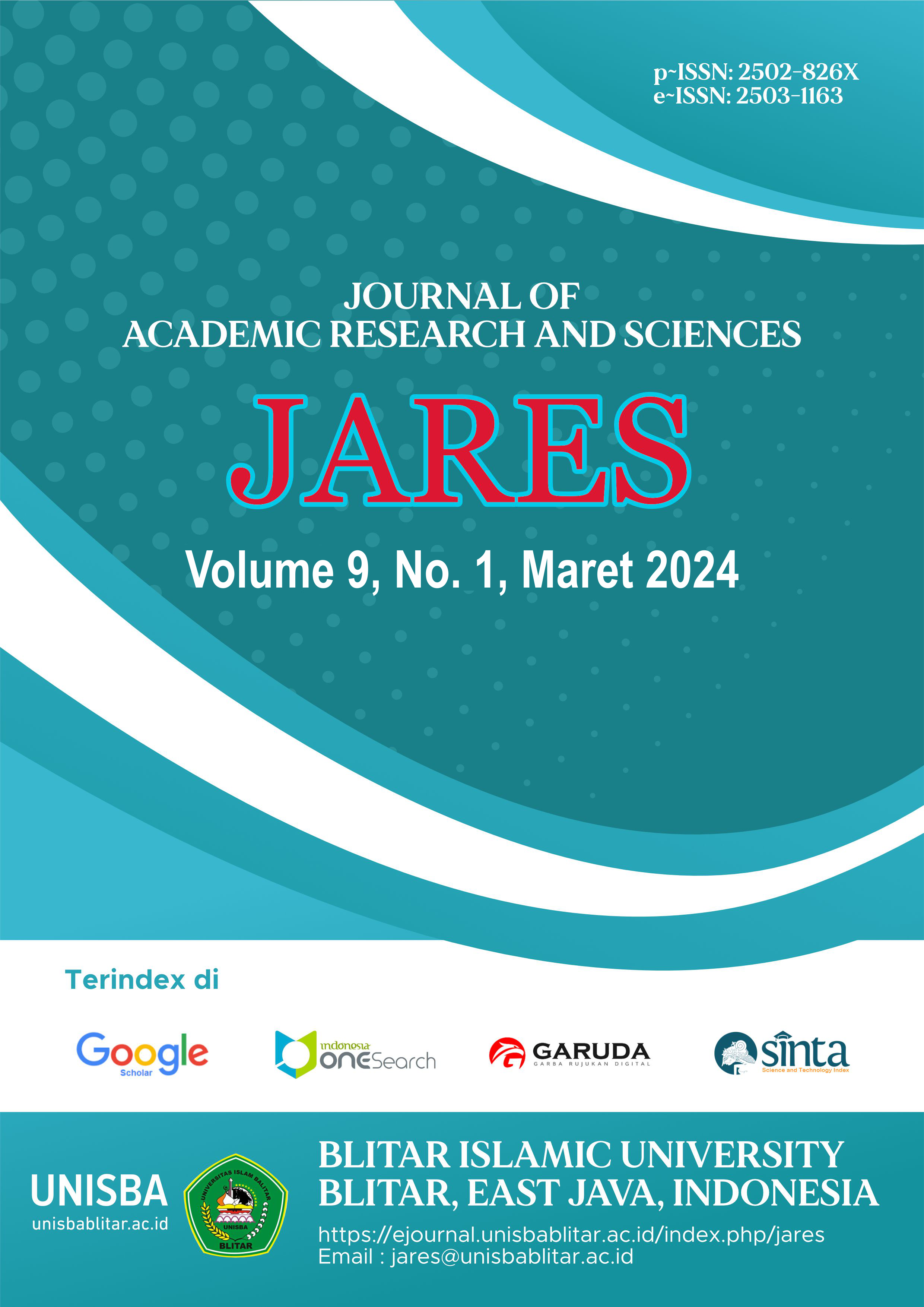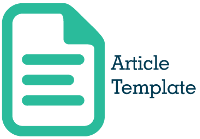THE READINESS OF ELEMENTARY SCHOOL TEACHERS IN IMPLEMENTING THE INDEPENDENCE CURRICULUM
DOI:
https://doi.org/10.35457/jares.v9i1.2802Keywords:
Keyword: Elementary School Teacher Readiness, Implementation of the Independent CurriculumAbstract
ABSTRACT
This study aims to describe (1) teachers' understanding of independent curriculum policies, (2) teachers' readiness in formulating learning objectives of the Pancasila profile, (3) teachers' readiness in implementing 21st century learning, and (4) teachers' readiness in identifying students' potentials. The research design uses surveys and needs analysis. The study population consisted of 40 elementary school teachers in cluster 4 of Nglegok District, covering 5 institutions. The sample is determined using a random technique. Data collection techniques used questionnaires and interviews with teachers and principals. The results showed that the teachers understood (1) the essence of the independent curriculum policy, (2) how to formulate learning objectives for Pancasila student profiles, (3) how to implement 21st century learning, (4) the concept of identifying various kinds of student potential. The recommendations from the results of this study are: teachers need reinforcement in understanding learning outcomes in the independent curriculum, how to develop learning paths and objectives, steps for preparing school operational curricula, and implementing projects to strengthen Pancasila student profiles.
Keyword: Elementary School Teacher Readiness, Implementation of the Independent Curriculum
Downloads
References
REFERENCES
Wibowo, I. S., & Farnisa, R. (2018). Hubungan Peran Guru Dalam Proses Pembelajaran Terhadap Prestasi Belajar Siswa. Jurnal Gentala Pendidikan Dasar, 3(2), 181–202. https://doi.org/10.22437/gentala.v3i2.6758
Anis, M., & Anwar, C. (2020). Self-organized learning environment teaching strategy for ELT in Merdeka Belajar concept for high school students in Indonesia. JEES (Journal of English Educators Society), 5(2), 199–204. https://doi.org/10.21070/jees.v5i2.869
Faiz, Aiman;Kurniawaty, I. (2020). Konsep Merdeka Belajar Pendidikan Indonesia Dalam Perspektif Filsafat Progresivisme. Konstruktivisme : Jurnal Pendidikan Dan Pembelajaran, 12 (2), 155–164.
Rahmadayanti, Dewi; Hartoyo, A. (2022). Potret Kurikulum Merdeka, Wujud Merdeka Belajar di Sekolah Dasar. Jurnal Basicedu, 6(4), 7174–7189.
Wahyudi, R., Santosa, S., & Sumaryati, S. (2013). Pengaruh Kesiapan Guru Mengajar dan Lingkungan Belajar Terhadap Efektivitas Pembelajaran di SMK Kristen 1 Surakarta. JUPE UNS, 2(2), 37–48.
Azizah, L., & Witri, S. (2021). Peningkatan Mutu Pendidikan melalui Penerapan Total Quality Management dalam Program Akreditasi Sekolah. Dawuh Guru: Jurnal Pendidikan MI/SD, 1(1), 69–78. https://doi.org/10.35878/guru.v1i1.263
Dhani, R. R. (2020). Peran Guru Dalam Pengembangan Kurikulum. Jurnal Serunai Administrasi Pendidikan, 9(1), 45–50.
Alsubaie, M. A. (2016). Teacher Involvement in Curriculum Development. Journal of Education and Practice, 7(9), 106–107.
Miftakhuddin, Hardiansyah, H., & Kamil, N. (2022). Implikasi Empat Modalitas Belajar Fleming Terhadap Penerapan Kurikulum Merdeka di Sekolah Dasar. Sangkalemo : The Elementary School Teacher Education Journal, 1(2), 38–49.
Sunuyeko, N., Lani, A., & Wahyuni, L. (2016). Analisis Kebutuhan Guru Dalam Pengimplementasian. Sekolah Dasar: Kajian Teori Dan Praktik Pendidikan, 25(1), 18–26. https://doi.org/10.17977/um009v25i12016p018
Yamin, M., & Syahrir, S. (2020). Pembangunan Pendidikan Merdeka Belajar (Telaah Metode Pembelajaran). Jurnal Ilmiah Mandala Education, 6 (1),126–136. https://doi.org/10.36312/jime.v6i1.1121

Downloads
Published
Issue
Section
License
Authors who publish with this journal agree to the following terms:
- Copyright on any article is retained by the author(s).
- Author grant the journal, right of first publication with the work simultaneously licensed under a Creative Commons Attribution License that allows others to share the work with an acknowledgement of the work’s authorship and initial publication in this journal.
- Authors are able to enter into separate, additional contractual arrangements for the non-exclusive distribution of the journal’s published version of the work (e.g., post it to an institutional repository or publish it in a book), with an acknowledgement of its initial publication in this journal.
- Authors are permitted and encouraged to post their work online (e.g., in institutional repositories or on their website) prior to and during the submission process, as it can lead to productive exchanges, as well as earlier and greater citation of published work.
- The article and any associated published material is distributed under the Creative Commons Attribution-ShareAlike 4.0 International License













